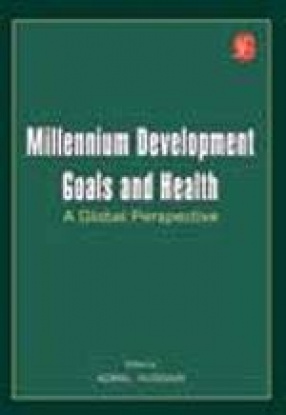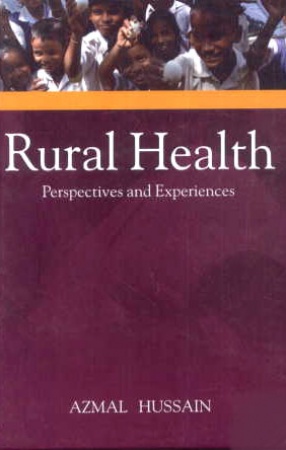In the present decade, the Millennium Development Goals (MDGs) have overwhelmingly captured the attention of the health and development community all over the world, as they provide a vision for development that accommodates health and education squarely at the centre. Health plays the key role in determining the human capital. Better health improves the efficiency as well as the productivity of the labor force, thereby contributing to the economic growth and leads to human welfare. To attain better, more skilful, efficient and productive human capital resources, governments subsidize the health care facilities for its people. Health is prominently represented in the MDGs, with three goals directly concerned with three major health parameters. The success of the MDGs needs ample improvements in health systems as well as health outcomes across the developing world. Achieving the Health MDGs by 2015 is a complex and challenging task, which calls for rapid progress. Experts feel it as a demanding agenda even in stable, well-governed low income countries. Though international agencies are instrumental in helping different governments to achieve the health MDGs, the situation is particularly challenging for many low-income countries fraught with precarious economic and social conditions, and ineffective government-donor relationships. The present book is an attempt to provide an insight into all the above issues of utmost contemporary relevance.
Millennium Development Goals: Country Perspectives
In stock
Free & Quick Delivery Worldwide
reviews
Bibliographic information
Title
Millennium Development Goals: Country Perspectives
Author
Edition
1st ed.
Publisher
ISBN
9788131415238
Length
216p.
Subjects








There are no reviews yet.